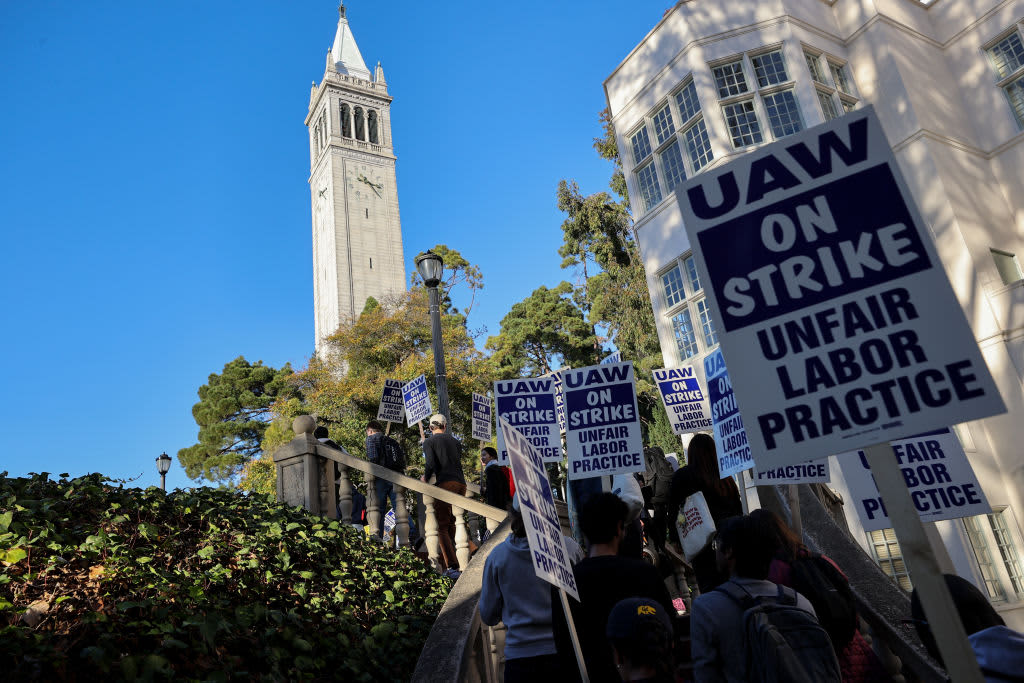Campus strikes have become a common occurrence on college and university campuses around the world. These strikes can be organized by students, faculty, or staff in response to various issues such as tuition hikes, budget cuts, labor disputes, or social justice concerns. While strikes are often seen as a powerful tool for bringing about change, they can also have a significant impact on students.
One of the most immediate impacts of campus strikes is the disruption of classes and activities. When professors, instructors, or staff participate in a strike, it can result in canceled lectures, exams, or other academic activities. This disruption can be particularly challenging for students who may be nearing the end of the semester and are counting on completing assignments or exams to pass their courses. In some cases, strikes can also lead to the extended closure of campus facilities, further complicating student’s ability to continue their studies.
Additionally, campus strikes can create a sense of uncertainty and instability for students. Not knowing when a strike will end or how it will be resolved can be stressful and anxiety-inducing for many students. This uncertainty can also affect students’ ability to focus on their studies and may lead to a decline in academic performance.
Furthermore, campus strikes can also impact students financially. For students who rely on campus resources such as dining halls, libraries, or health services, the closure of these facilities during a strike can create additional financial burdens. Additionally, missed classes or delayed exams can result in students having to pay for additional tutoring or make-up exams, further adding to their financial strain.
Despite these challenges, campus strikes can also have a positive impact on students. By participating in strikes, students have the opportunity to actively engage in issues that affect their campus community and advocate for change. Strikes can also create a sense of solidarity among students, faculty, and staff, fostering a sense of community and shared purpose.
In conclusion, campus strikes have a complex and multifaceted impact on students. While they can create disruptions and challenges, they also provide students with the opportunity to stand up for their beliefs, engage in activism, and contribute to positive change on their campus. It is important for students to stay informed and engaged during strikes, and to advocate for their needs and concerns throughout the process.
